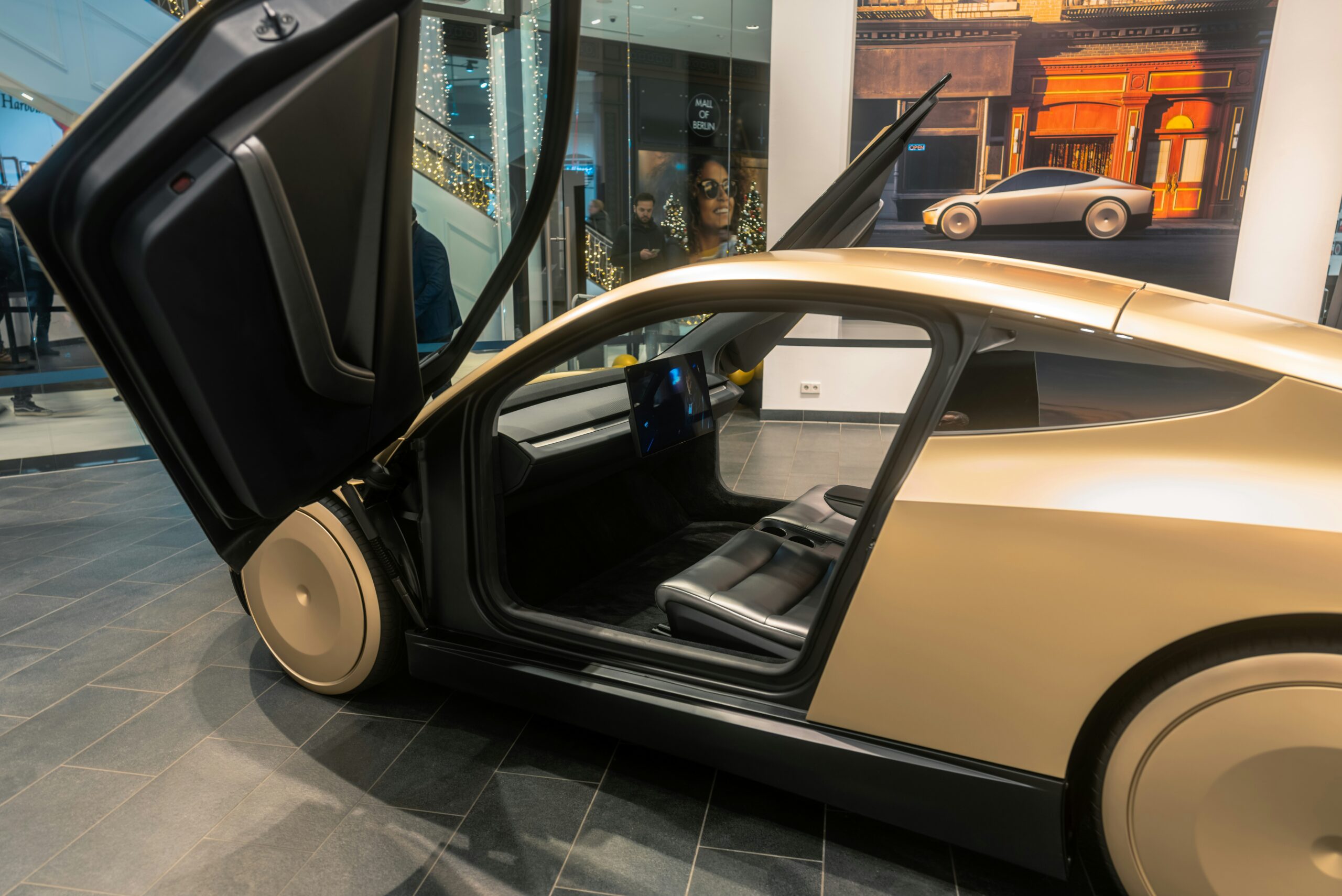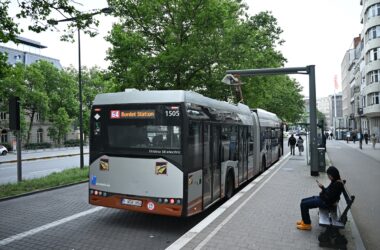(SDGTALKING) – The future of transportation in the Middle East has become a battleground for US and Chinese tech giants. Chinese autonomous vehicle companies such as Baidu, Pony.ai, and WeRide are rapidly expanding in Gulf countries, while Tesla has announced plans to launch operations in Saudi Arabia.
China’s leading robotaxi firms, Pony.ai, Baidu, and WeRide, have begun test drives in the United Arab Emirates (UAE) and Saudi Arabia after signing agreements with public authorities in recent months. WeRide, which has partnered with the Dubai Roads and Transport Authority, aims to transition to fully driverless commercial operations by 2026.
The company has also started testing in Riyadh, the capital of Saudi Arabia, and announced plans to launch commercial services by the end of 2025. Baidu has also signed an agreement with local partner Autogo to establish a robotaxi fleet in Abu Dhabi and aims to achieve full operations by 2026.
Robotaxis Become Part of Gulf Strategies
Dubai aims to have 25% of daily trips made by driverless vehicles by 2030. Abu Dhabi aims to reach this rate by 2040, while Saudi Arabia plans to reach 15% by 2030.
Qatar-based consultant Thaha Muhammed Abdul Kareem commented, “The region is ready in terms of both capital and technological infrastructure. That is why companies are turning to the Gulf.”
Tesla Joins the Race
US-based Tesla announced during CEO Elon Musk’s visit to Gulf countries this month that it will bring its “Cybercab” autonomous vehicle to Saudi Arabia. Although no date has been set yet, the company is expected to focus on the Gulf after launching its test program in Austin, Texas.
Apart from Waymo, the only active robotaxi operator based in the US, Chinese companies appear to be at a more advanced stage. Baidu’s Apollo unit announced that it has completed more than 10 million drives in China without a serious accident.
Global Competition Moves to the Middle East
Baidu, WeRide, and Pony.ai have also obtained testing permits in Europe, Southeast Asia, and the US, in addition to the Gulf. WeRide’s robotaxi minivans are in active use in Abu Dhabi and Zurich, as well as in many cities in China. Thanks to a partnership with Uber, these services are expected to expand to 15 more cities over the next five years.
Pony.ai, backed by Japan’s Toyota, aims to integrate its autonomous vehicles into Dubai’s metro and tram network in the long term. The company plans to expand its fleet to thousands of vehicles globally within a few years.



 UN
UN 



